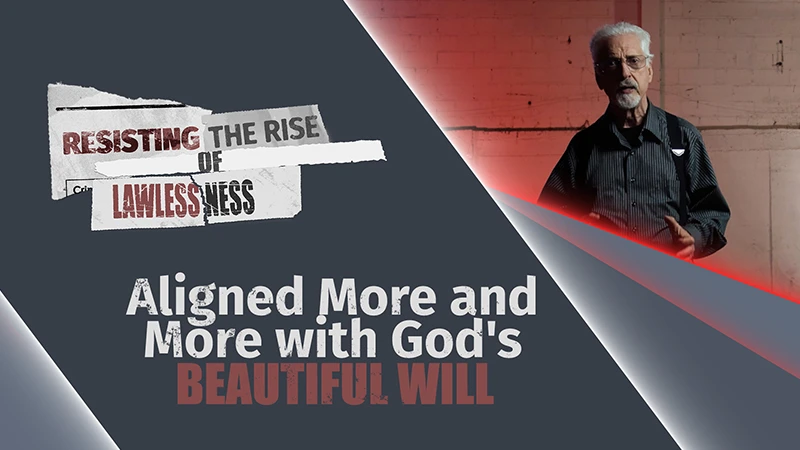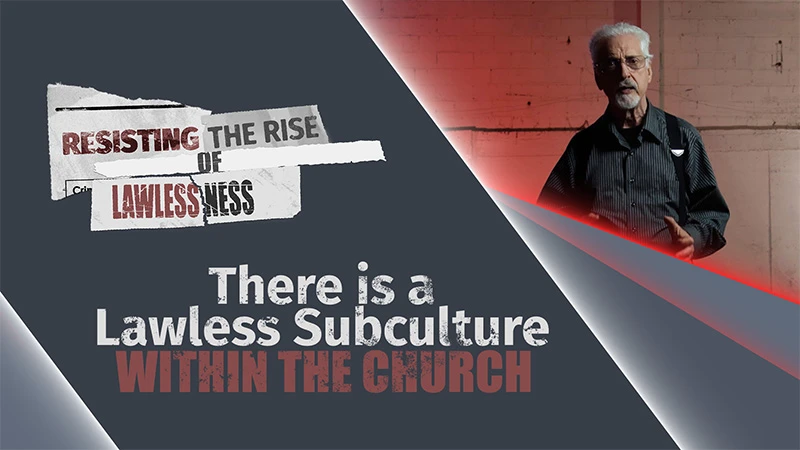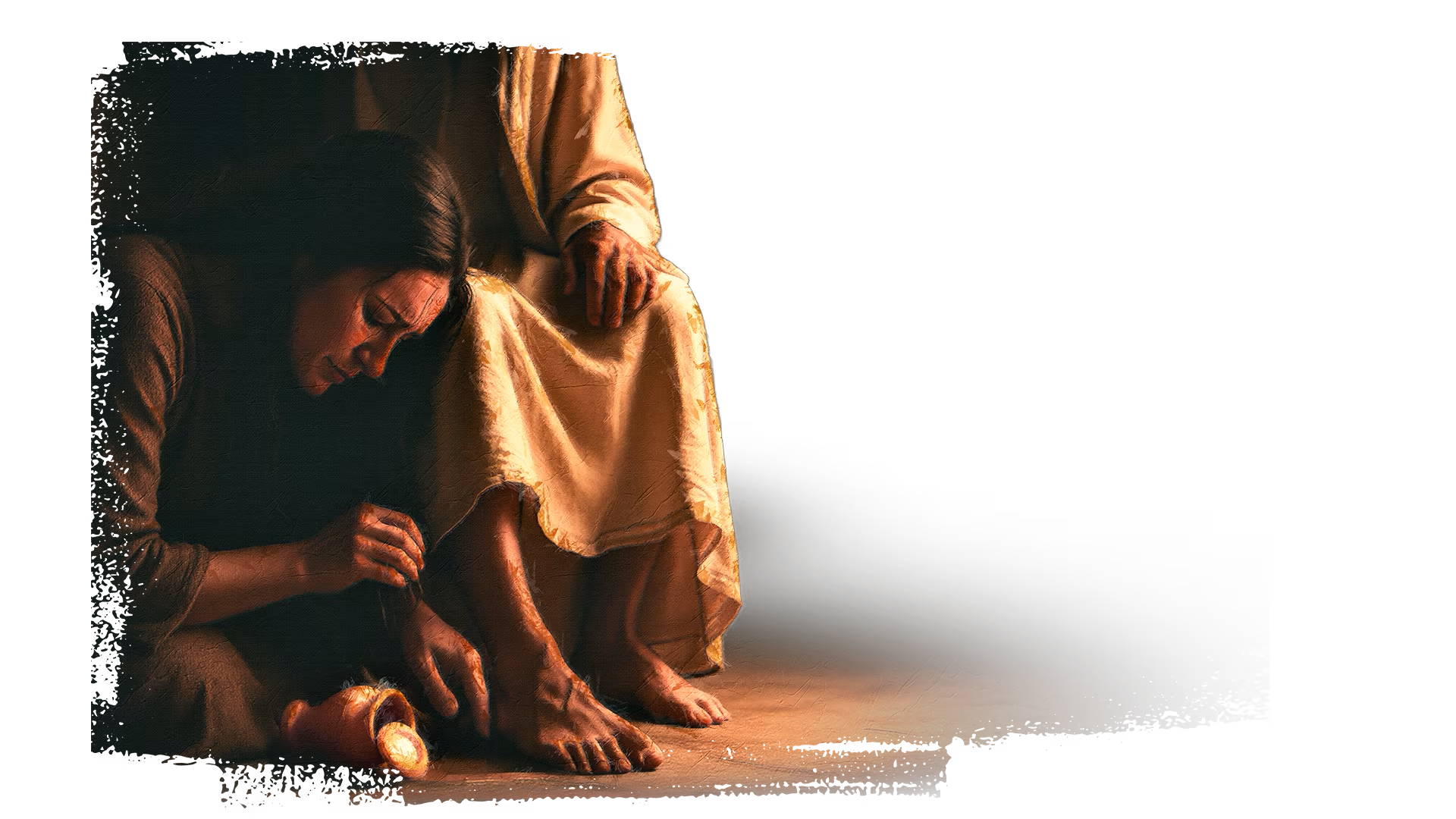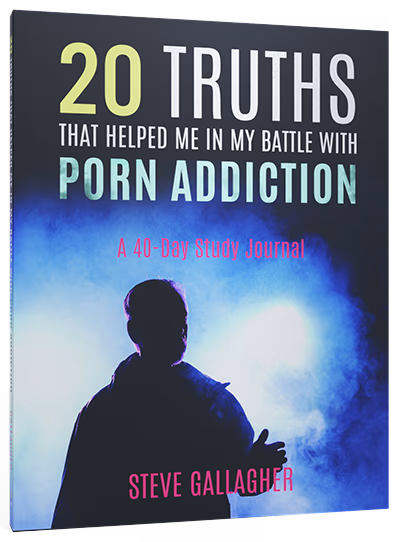
How to Help Children Who Have Been Abused
Cassie is the object of ridicule in her junior high school because she is overweight and has body odor. Her peers are unaware that she is subconsciously making herself unattractive to her stepfather who has been molesting her for the past three years.
At age 12 Jimmy is already abusing drugs and getting in trouble at school. His schoolmates are fearful of his violent temper. Jimmy’s deep-seated anger stems from being molested by his uncle.
Much too young to be thinking of such things, 13-year-old Beth has already had sex with a number of boys from school. Following in the footsteps of her older sister, who was also molested by their stepfather and is now a stripper, she has learned to attract boys by wearing revealing clothes.
Heather lives in a constant state of fear and is riddled with guilt. Her daddy has been molesting her off and on for the past five years. On a number of occasions he has told her that if she ever reports him that he’ll be thrown in jail. Consequently, she keeps it a secret and bears the responsibility of keeping the family unit intact.
Seventeen-year-old Ben has become cold and sullen. He puts up walls, refusing to make himself vulnerable to others. He also suffers from insomnia because nighttime was when his older stepbrother used to slip into his room to molest him.
Unquestionably, sin destroys lives. Perhaps there is no sin that leaves such devastation in its wake as that of child abuse. Long after an offender has indulged his perverted fantasies, the effects of his actions continue to haunt the child. One moment of lust can produce a lifetime of anguish for the molested child.
First Response
When you—the counselor—begin dealing with a child or teenage abuse victim, there are several things to address. Your first priority must be to ensure that the young person is safe from any further abuse. Research studies have concluded that approximately 60% of children are re-abused and subsequent incidents are even more serious.
Typically when cases are reported, the sexual offender is ordered to leave the home and is not allowed to have unsupervised visits with the child. However, there are instances where the children are forced to leave the home, rather than the offender, causing them to feel as though they are the ones being punished. When this happens, it’s important to communicate to them exactly what is going on and why. It can be very overwhelming for any child to be suddenly taken away from everything he’s known and then thrust into an unfamiliar environment.
Once it has been determined that a child has been molested—especially in the case of penetration—he or she should receive a comprehensive physical examination immediately. You may cringe at the thought of the child being forced to endure such a thing, but it is absolutely necessary to have a medical doctor determine if there’s been any physical damage so the victim can be promptly treated. If there is no injury, you can reassure the child that everything is okay physically.
In many instances, the courts become involved and the offender is sent to jail. When this happens, the youngster will need your emotional and spiritual support throughout the legal process. You can set the child’s mind at rest—that he or she is now safe without overstating it. One of the worst things that can happen to a child is to be led to believe that the abuser is gone forever, only to show up after his six-month stint in jail. While you want to comfort and allay the victim’s fears, be honest and explain this possibility to him or her. Help the child to understand that the arrest and the criminal proceedings that will follow are a direct result of the offender’s actions. Keep in mind that a child often feels enormous guilt for reporting the abuse, especially after the abuser is sent to jail.
Moreover, the child will probably be interviewed by social workers, child protection officials, attorneys and law enforcement officers and be required to describe the abuse in detail to perfect strangers repeatedly. The help of a loving counselor can be a real support to the child through this entire ordeal.
Ongoing Counseling
Surviving the judicial process is only the beginning. As indicated in the examples above, there is much emotional damage done to the sexually abused victim that must be addressed. You must diligently seek to establish a rapport with the child whose trust and respect for adults has been shattered. While it is good for you to demonstrate love to the child (i.e. giving them a hug), you should always ask permission before touching the child in any way.
Along with instilling trust, respect for authority must also be reestablished. This requires patient, loving instruction. Avoid falling into humanistic pity which does nothing more than empower the child to use his or her newfound “victim” status for selfish purposes. The wise counselor will show love and encouragement but will never allow a child to control the relationship or use it as a way to manipulate others.
As the proper relationship between you and the child is formed, you can now begin to address other deep-seated issues resulting from the abuse. Fear is perhaps the most common reaction a child abuse victim will face. There is a place for proper fear and a healthy respect for danger. However, when a child becomes preoccupied with the idea that someone may harm him or her and protecting self becomes an obsession, it is displeasing to God. An effective biblical counselor will patiently show the child that being preoccupied with oneself can be sinful and that it would be much better to focus one’s thoughts upon pleasing God.
Another common emotional reaction manifested in abused children is anger, which ranges from seething bitterness, to depression, to rebellion, or even to explosive rage. The offender is typically the main object of the child’s anger. However, it is not uncommon for the youngster to be angry with the mother for not doing more to protect him or her. Some even get mad at God for allowing the abuse to occur in the first place. It is extremely important that the child be taught to handle his or her feelings in a biblical way. The story of how Joseph’s brothers mistreated him and the way he responded is a wonderful illustration of the proper biblical response. This will help the victim to see that, even though people may attempt to harm us, we have a sovereign God watching over everything that occurs in our lives, and He knows how to bring good out of the worst of situations.
You must instruct the child that it is wrong to repay evil for evil and that God expects Christians to overcome evil by doing good. (Romans 12:21) The importance of the New Testament concept of forgiveness must also be emphasized. True forgiveness occurs when the victim commits himself not to dwell on the offense in his mind and not to bring it up again to the offender or to others. This doesn’t mean that the child can’t work through the feelings of it in the positive setting of a counseling session or be honest in criminal proceedings. It simply means that they agree to do their best not to hold onto it as a means of vengeance.
Another typical feeling the child will have to deal with is guilt. Some children feel as though they have betrayed a trust by disclosing what has happened to them. Others will feel shame over what they have done, even though they did nothing to initiate it. This becomes especially true when they experience physical pleasure as their bodies respond the way God created them to respond. However, even though the perpetrators are 100% at fault for everything that has occurred, young people sometimes do have things that they are legitimately at fault about. As the counselor, it is important for you to understand that guilt is not primarily a feeling; it is culpability for a violation of God’s Word. If, for instance, the victim is a young teenage girl and she eventually gets to the place where she begins craving the physical attention she has been receiving, it is right for her to experience a sense of guilt over her actions. Or if the young person has developed hatred for the abuser, he or she must repent of this attitude and forgive him. As a biblical counselor you must help the young counselee distinguish between true and false guilt.
It’s not difficult to see that the victim of child abuse has a lot of issues to work through. However, a loving, godly counselor can help to minimize the negative effects—such as depression, anxiety, paralyzing fear, paranoia, and etc—of the molestation and steer the victim away from a self-destructive path of habitual sin. What a joy it is for the counselor to comfort young victims and help them to respond in a way that pleases God!
















